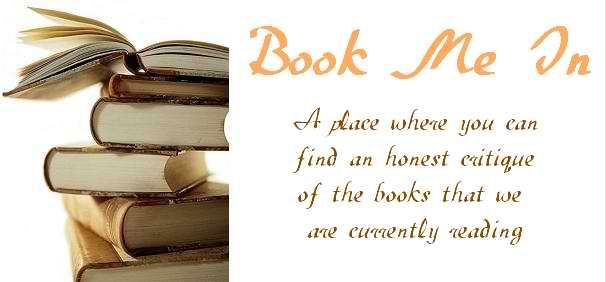 Meet Jason Strider. He lost a pair of his favourite pants to a girl he "made love" to in a refrigerator (she wore them home and never returned them). Now normally losing a pair of pants shouldn't be THAT big a deal, but it is to Jason because those pants are one of three that he owns. He lives in New York and works as an assistant (pay is horrible) and also drinks like a fish and smokes doobies like it's going out of style. Oh, and he needs to eat too. So he doesn't exactly have a lot of money to throw on a pair of pants. (Even though he probably should.)
Meet Jason Strider. He lost a pair of his favourite pants to a girl he "made love" to in a refrigerator (she wore them home and never returned them). Now normally losing a pair of pants shouldn't be THAT big a deal, but it is to Jason because those pants are one of three that he owns. He lives in New York and works as an assistant (pay is horrible) and also drinks like a fish and smokes doobies like it's going out of style. Oh, and he needs to eat too. So he doesn't exactly have a lot of money to throw on a pair of pants. (Even though he probably should.)His is the perfect case which proves that getting an education at an Ivy League college doesn't necessarily mean that you will make the most out of it. His English degree is not one that he uses to help him rake in the dough. The only time he exhibits his use for it is when he text messages his friends or sends them emails. Which happens very often throughout the day since his assistant job doesn't really leave him with much to do where actual work is concerned.
His days are spent running late for work, drinking a lot of alcohol, hanging out with his friends, trying to get laid, smoking up, and going to bed super late despite the fact that he needs to wake up early to start the cycle all over again.
The only bright side there is to his living situation (although, it could be worse ... he could not only look the part of homeless dude, -- which he totally does -- but also play the part as well) is that he befriends his neighbour, Patty. She is much, much older than him but has lived the same lifestyle as he is living now (pot, drinking, frequenting bars until dawn, dead end job) so she is a "cool" older neighbour. You definitely wouldn't mistake her for being somebody's grandma.
This debut novel was written by David J. Rosen. I don't read a lot of books written by dudes, but this is exactly what I would've expected. It was laced with cringe-worthy humour ... you know, the type that you chuckle at but then mentally berate yourself for having laughed in the first place because it was "below the belt?" That kind of humour ... very boy's locker room. I mean ... he writes about sex with a girl in his refrigerator and has his character think in the middle of it, "What a fantastic e-mail this is going to make tomorrow." So something a guy would say. And do.
He eventually gets his pants back, but I felt that the book kind of progressed from him trying to find his pants, to him trying to find his life. I read this book last year (and actually wrote this review last year as well) so it's hard for me to elaborate any more without re-reading. I do remember enjoying it and getting through it quickly. If you're looking for a change of pace with what you're reading, pick this up.
This debut novel was written by David J. Rosen. I don't read a lot of books written by dudes, but this is exactly what I would've expected. It was laced with cringe-worthy humour ... you know, the type that you chuckle at but then mentally berate yourself for having laughed in the first place because it was "below the belt?" That kind of humour ... very boy's locker room. I mean ... he writes about sex with a girl in his refrigerator and has his character think in the middle of it, "What a fantastic e-mail this is going to make tomorrow." So something a guy would say. And do.
He eventually gets his pants back, but I felt that the book kind of progressed from him trying to find his pants, to him trying to find his life. I read this book last year (and actually wrote this review last year as well) so it's hard for me to elaborate any more without re-reading. I do remember enjoying it and getting through it quickly. If you're looking for a change of pace with what you're reading, pick this up.





